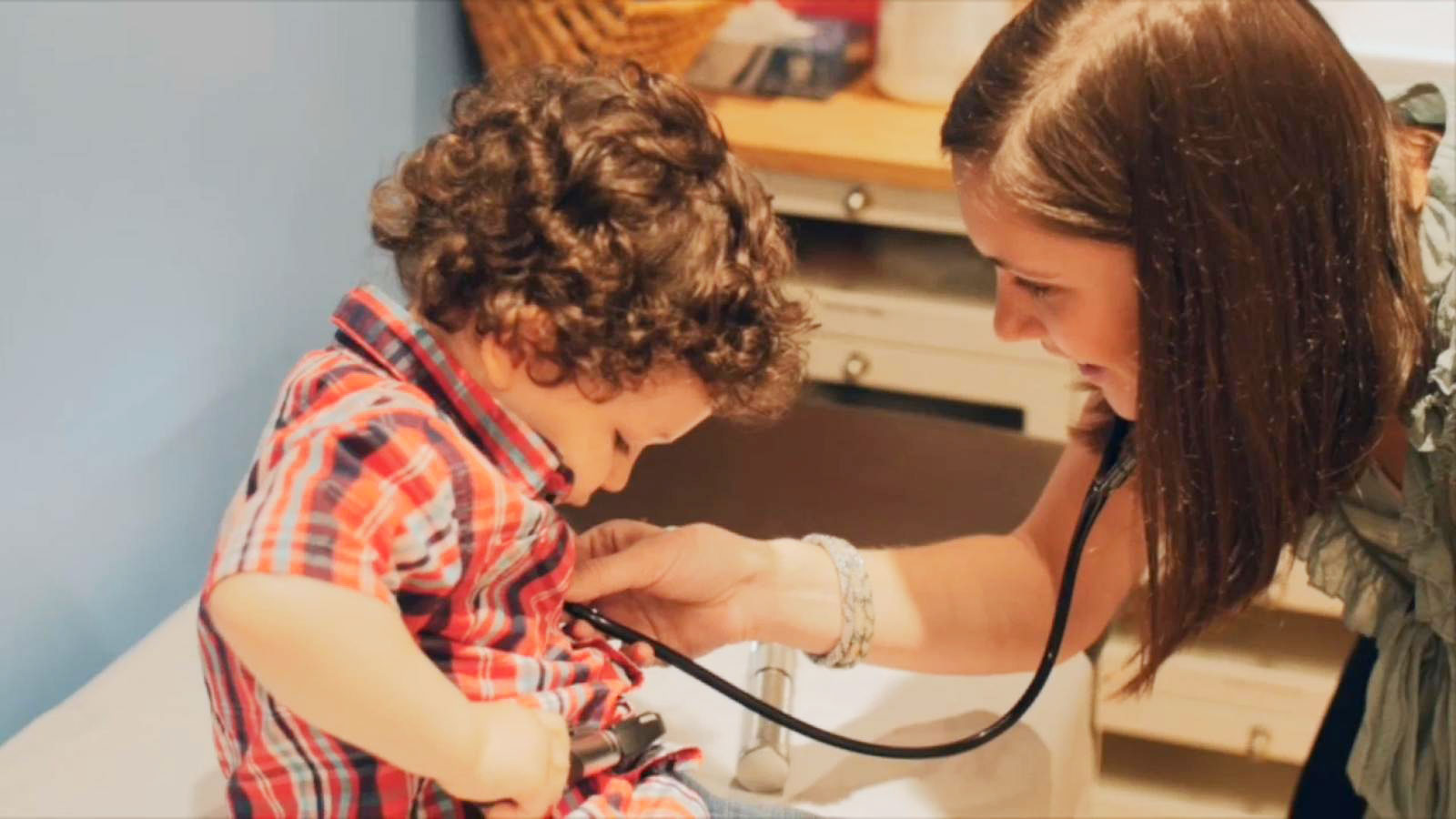From birth, children’s developmental capacities are constantly growing and maturing. Speech provides all of us with imperative tools for learning and interacting with others. Uncovering speech issues early on in children can be beneficial for future emotional development. For some parents it may be difficult to decipher emotional signs, as opposed to physical signs correlated with speech or language complications. I spoke with child and adolescent psychotherapist, Irena Kenny about the importance of speech in a child’s everyday life, as well as emotional and social obstacles, which might arise if a child is struggling with self expression.
Q: How important are speech, language and communication skills for a child’s social and emotional development?
A: Speech and language are vital for the development of emotional and social skills in children. Communication is one of the most important developmental tasks, which takes place during early childhood development. It is then, children begin to form their initial understanding of the world. Difficulty in the realm of language and communication during childhood can hinder a child’s ability to confidently express their ideas and observations of the world around them. Some younger children, who do not have a well developed fund of language have all of these ideas and observations of the world in their minds, but feel unable to make themselves understood to others. Older children who suffer from speech issues such as poor annunciation, stuttering, and other unclear speech patterns may isolate themselves, withdraw from peers, and avoid situations such as speaking out loud, or minimize verbal interactions with others. A few symptoms of difficulty to express one’s thoughts clearly at earlier stages of development are low frustration tolerance, emotional outbursts, and excessive shyness. However, there are also children whose speech might appear less advanced than that of their peers, but they seem unbothered and confident.
Q: How do speech and language challenges affect academic progress?
A: Speech or some forms of linguistic expression are important for academic success; this is because, reading, writing and verbal apprehensions are essential elements of the entire learning process. When a child begins school they start to observe their surroundings and socialize predominantly with kids their own age. At this point they begin to notice a difference in their own speech compared to their classmates. For children with speech issues, it may seem majority of their peers have the ability to express themselves in a more articulate, more easily understood fashion. This realization of sounding different can have an emotional effect, ultimately leading to lower confidence, potentially causing lower class performance. But again, while some children become overly frustrated, others may not have any awareness of their speech issue. However, for some of the more self- conscious kids, rejection and teasing by peers may cause all energy to be expended on dealing with the social aspect of functioning and little energy is left to be put toward academic growth . For others, the need to avoid dealing with uncomfortable interpersonal situations can lead to isolation and possibly focusing heavily on the academic growth whilst inadvertently neglecting the social growth and development.
Q: When should speech and language enrichment take priority over other enrichment activities?
A: If you ever feel that either speech or language (either receptive or expressive) seem to negatively affect your child’s ability to fully enjoy and participate in daily life, you should consider contacting a specialist. If a child is constantly struggling, due to speech related issues and does not seem to be making any progress, it is important to intervene and find the appropriate help best suited for you and your child. As a parent, I feel it is important to remember there is a range within each and every age group, and anxiously comparing your child to those of your peers does not always provide a clear cut sign of an issue. If you are uncertain or concerned, speak to your child’s teacher or pediatricians, who are qualified to advise you about what is and isn’t developmentally appropriate and together you can explore your concerns. If necessary they will help with making a referral to a Speech Therapist/Speech Language Pathologist, who will be able to determine the exact nature of your child’s speech related issue.
Q: What steps should be taken to find the right SLP?
A: It is a joint effort when looking for a Speech Language Pathologist best suited for parent and child. Speaking with your child’s pediatrician for an initial evaluation may help determine whether there is an overall need for therapy. Your physician will be able to provide names of SLP’s they have worked with before. Another helpful tip is to speak to friends, family members, or parenting networks, such as Park Slope Parents about recommendations for clinicians who may have previously helped their child. Ultimately, you want to find an SLP who is knowledgeable, plus able to work comfortably and safely with your child in order to promote the mastery and fine tuning of new and existing speech and language tools.
Guest post by Samantha Cardinali


